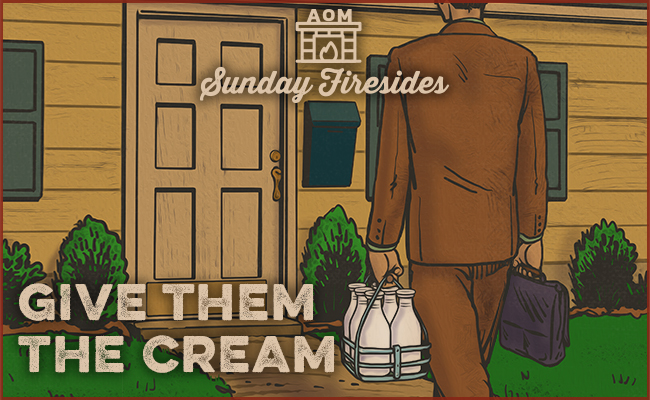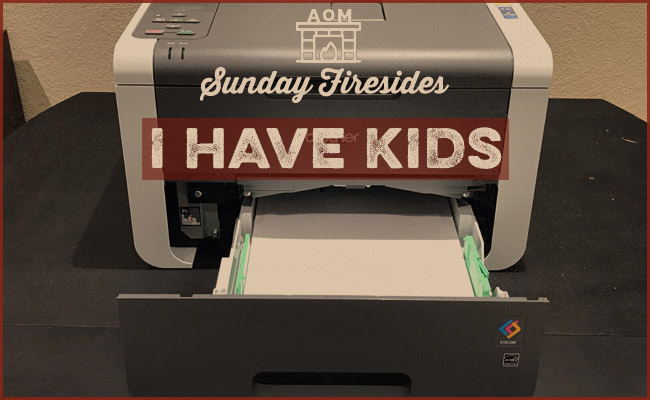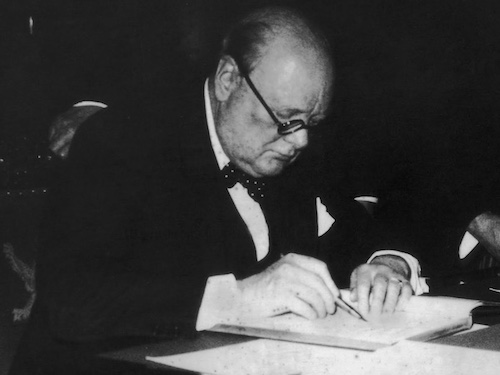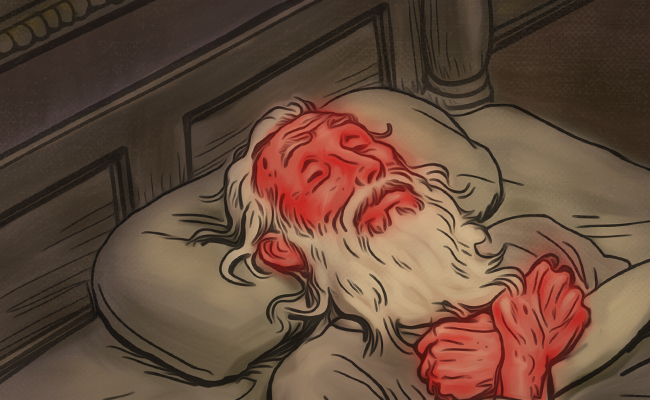
You wake up early on a dark, cold morning to meet your friend for a run. But he’s a no-show at the trailhead. “Sorry, man!” he texts you later. “I overslept.” “No worries!” you reply.
At work, Janet peeks her downcast face into your cubicle. “I was going through our records,” she confesses, “and it looks like I sent the wrong numbers to Acme Co.” “That’s ok,” you assure her. “We’ll get it straightened out.”
On the way home, you stop by a restaurant to pick up a take-out order that was supposed to be ready at 5:30. You’re still sitting there at 6. “Sorry about the wait,” the hostess tells you. “No biggie,” you respond. “I can see you’re slammed.”
That night, as you sit down to eat dinner, your son reaches across the table, knocking over a glass and spilling water all over the food. “Geezus, Tommy!!” you explode. “How could you be so stupid?!”
One of life’s great ironies is that we often treat friends, co-workers, and even strangers better than we do our own family.
With the former group, we’re still eager to be liked and make a good impression. We’re still concerned about what they think of us.
With the latter, our familiarity, the underlying ties of vow and duty and blood, can lead us to presume upon their fidelity.
It’s nice to be able to let your hair down with those with whom you’re closest. But such comfortableness should never become a license to drop the kind of patient politeness and basic civility you would offer everyone else.
Too often we give the cream of ourselves to those we really don’t give a fig about, while offering our dregs to those who mean the most.
When really, of course, it ought to be the other way round.







